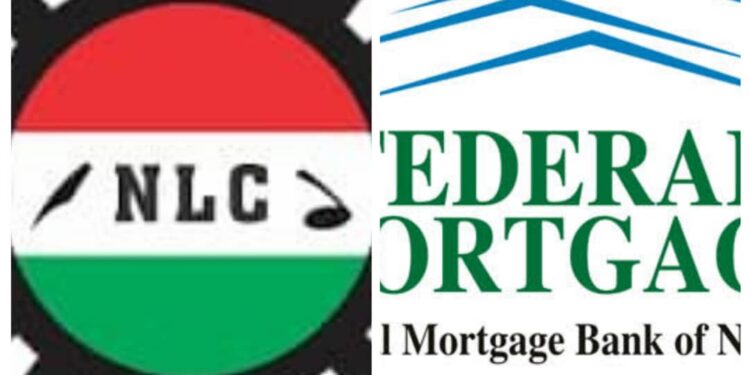A recent disagreement between the Nigerian Labour Congress (NLC) and the Federal Mortgage Bank of Nigeria (FMBN) has thrown the management of the contributory National Housing Fund (NHF) into the spotlight. The NHF, established as a result of the NHF Act of 1992, mandates both public and private sector employers to make monthly remittances to the fund. This initiative, orchestrated by the Federal Government, aims to mobilize funds for the provision of affordable residential housing for Nigerians.
The discord between the NLC and the nation’s apex mortgage institution stems from the NLC’s threat to withdraw from the contributory funds due to dissatisfaction with the fund’s management. NLC President Joe Ajaero conveyed concerns during an investigative hearing organized by a House of Representatives ad hoc committee, stating that administrative obstacles in accessing the mortgage scheme had created opportunities for corruption within the system.
Responding to these claims, Mrs. Timan Elayo, Group Head of the Federal Mortgage Bank of Nigeria, provided a counter-narrative in an exclusive interview with The PUNCH. Elayo refuted Ajaero’s allegations, mentioning that the FMBN had encountered a significant number of applications for the NHF. However, the bank faced funding constraints that hindered its ability to fulfill all the requests. Some applications were denied due to the ineligibility of the applicants.
Elayo clarified, “That statement is probably coming from the expectation that everybody who wants to get a mortgage can get it. That is not possible because if you go by the number of Nigerians that would want the houses against the amount of money that we have at our disposal to disburse. You will know that it is impossible to meet every request.”
However, Chris Onyeka, the National Secretary-General of the NLC, held a contrasting view. He disputed the FMBN’s assertion that Nigerian workers were effectively accessing mortgages through the NHF. Onyeka accused the FMBN of failing to provide proper accounts of the funds to the intended beneficiaries and claimed that only a privileged few were benefiting from the system.
Onyeka emphasized, “If people are accessing it, who are they? These funds are kept somewhere and people who access them are the privileged few; that is always the problem. It is our money. It has to be accessible to us. There should be no impediment to our making use of our money.”
The ongoing clash between the NLC and the FMBN underscores the complexity of managing the NHF and highlights the challenges faced in providing affordable housing solutions for Nigerians. As both parties present differing perspectives on the accessibility and allocation of funds, the debate over the management of the National Housing Fund continues to unfold.











